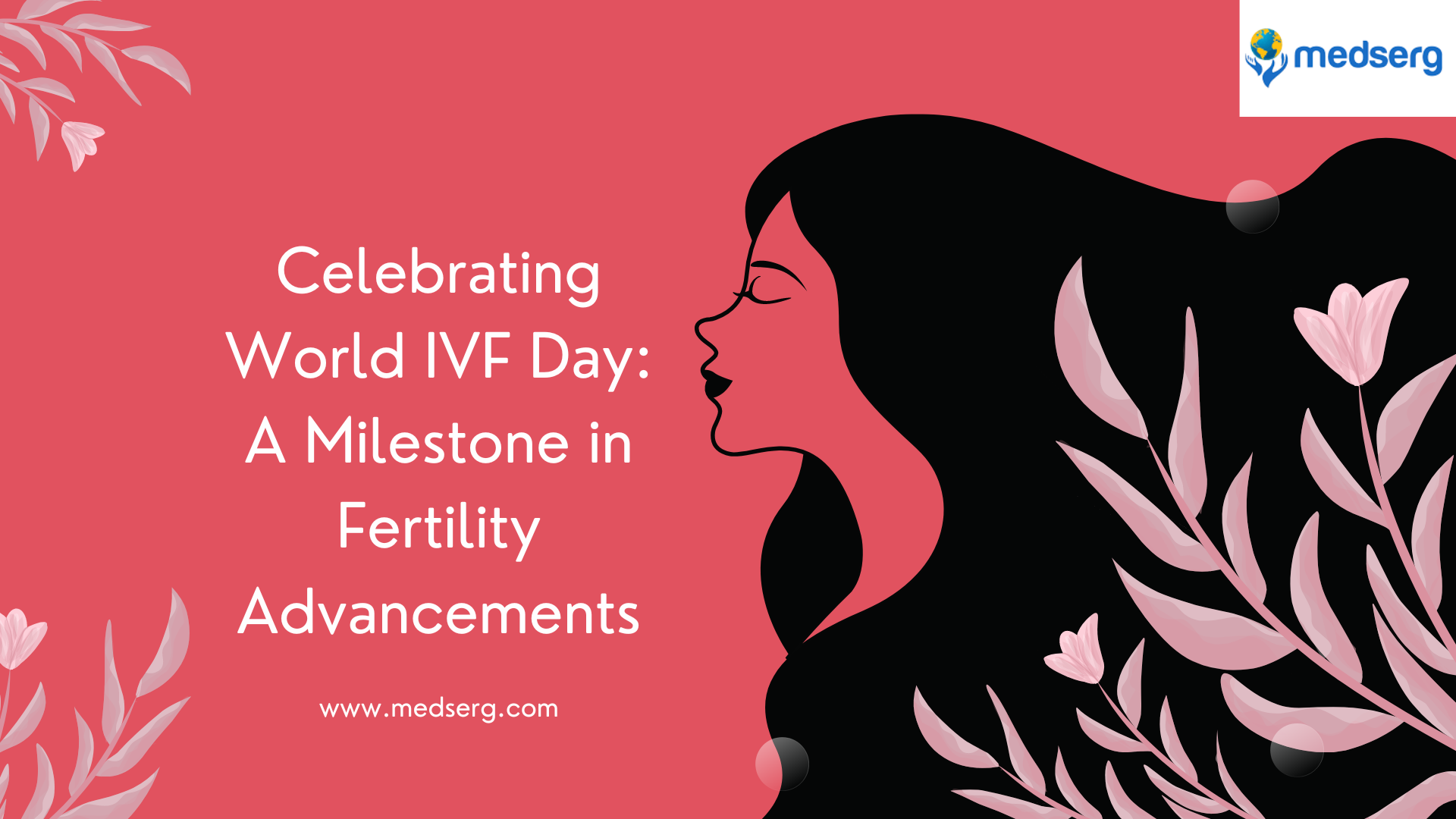infertility is a developing disease these days. It is defined as the failure to achieve a pregnancy after 12 months or more of regular unprotected sexual intercourse. Infertility affects millions of people – and has a huge impact on their families and communities. Several estimates suggest that approximately one in every six people of reproductive age globally experience infertility in their lifetime. As per a report by the World Health Organization, one in every four couples in highly developing countries is affected by infertility.
Prevalence of Infertility
- Statistics Worldwide
It is observed that 9 of 10 countries with the highest total fertility rate are in Africa followed by Afghanistan. Southern Europe, Eastern Europe, and Eastern Asia have the lowest fertility rates in the world with an average of 1.5 children per woman. Sweden has one of the highest fertility rates in Europe (close to 1.9 children per woman). 1 in 4 couples in developing countries is affected by infertility.
- Statistics by Age
1 in 4 healthy women in their 20s and 30s will get pregnant in any single menstrual cycle. Additionally, 1 in 10 healthy women aged 40 years and above will get pregnant in any single menstrual cycle. In general, fertility begins to decrease for most women in the age group of 20-30 years and declines more quickly after the age of 35.
- Statistics by Sex
As reported by 9% of men aged 15 to 44 and 10% of women in the same age group, infertility is nearly as common in men as it is in women in the U.S. 30% of infertility cases can be attributed solely to the female, 30% can be attributed solely to the male, 30% can be attributed to a combination of both partners, and 10% of cases have an unknown cause.
Reasons Behind Infertility
Risk Factors
There are certain risk factors that can increase the chance of infertility for both sexes. These include:
- Smoking: Smoking greatly increases the risk of infertility in both sexes, and it may undermine the effects of fertility treatment. Smoking during pregnancy significantly increases the chance of pregnancy loss. Additionally, passive smoking has also been associated with lower fertility.
- Chemotherapy: There are some chemotherapy drugs that can result in ovarian failure or significantly reduce sperm count.
- Radiation: If this is aimed near the reproductive organs, it can increase the risk of fertility problems.
- Sexually transmitted infections (STIs): Numerous STIs such as Chlamydia can damage the fallopian tubes in a female and cause inflammation in a male’s scrotum. Some other STIs may also lead to infertility.
- Narcotics: The excessive consumption of drugs such as cannabis or cocaine can lower sperm count. Moreover, some females who use cannabis or cocaine may also have fertility problems.
- Exposure to certain chemicals: Some pesticides, herbicides, metals (such as lead), detergents, and solvents have been linked to fertility problems in both sexes.
Recommendations for Infertility
Preventing the condition of infertility is very important. Many a time, it leads to depression and anxiety. There are several ways by which one can prevent infertility. Herewith, we discuss some of the important recommendations that one can adhere to for the prevention of infertility.
- It’s very important to maintain a normal body weight. Weighing too much or too little can not only put your health at risk but also can diminish your fertility.
- Stay physically active to maintain fitness, adding weight training as you age, particularly if one is over 40 years old, to increase muscle mass and maintain a healthy body. But be careful not to over-exercise and strain your body, such as consistently running more than 6 to 10 miles a day.
- Smoking reduces your chances of pregnancy and increases the risk of miscarriage. Smokers also tend to go through menopause two years earlier than non-smokers.
- Consumption of healthy foods such as sunflower seeds, beans, and lentils, antioxidant-rich foods, a lot of avocados, and whole grains such as quinoa are really helpful in increasing the chances of fertility.
Conclusion:
Infertility is fairly common, and it can even mean getting pregnant but having stillbirths or miscarriages. Infertility can happen to both males and females. Female infertility is often due to problems with ovulation that may be caused by ovulation disorders like polycystic ovary syndrome (PCOS), primary ovarian insufficiency (POI), or hyperprolactinemia. Male infertility is most often caused by testicles that aren’t working properly. There are several steps that can be taken to prevent infertility. It can be with food, exercise, medications, and many other factors.
Leading fertility doctors in India offer compassionate care and advanced treatments. Your path to parenthood starts with our expert team.







